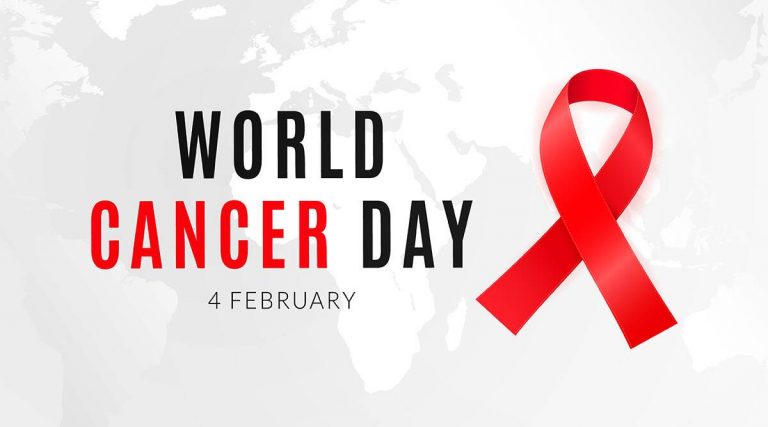An ongoing initiative by the Union for International Cancer Control
World Cancer Day is marked on 04th February to raise awareness of this deadly disease. The Union for International Cancer Control ( UICC) work towards measures to encourage everyone for its prevention, early detection and treatment.
UICC works in support of the World Cancer Declaration written in the year 2008. The day is dutifully observed by the United Nations.
World Cancer Day works selflessly day and night to target misinformation and stigma attached to this deadly disease. They work diligently to raise awareness levels pertaining to this horrific disease.
World Cancer Day is observed to show solidarity and support for those undergoing this scary disease.
On this particular day, a lot of movements towards awareness and subsequent measures to be taken are started worldwide for everybody’s benefit.
Hundreds of events are held across the globe for awareness and eventual treatment.
WCD was established on 4h of February 2000 at the World Cancer Summit held in Paris. World Cancer Day should be seriously followed by each one of us and contribute towards the movement in whatever small way.
Causes of Cancer
Cancer can be caused by a number of different factors and, as with many other illnesses. Most cancers are the result of exposure to a number of different causal factors.
It is important to remember that, while some factors cannot be modified. Around one third of cancer cases can be prevented by reducing behavioural and dietary risks.
Modifiable risk factors include
Alcohol
Being overweight or obese
Diet and Nutrition
Physical activity
Tobacco
Ionizing Radiation
Signs and Symptoms of cancer
Signs and symptoms of cancer
With so many different types of cancers, the symptoms are varied and depend on where the disease is located. However, there are some key signs and symptoms to look out for, including:
- Unusual lumps or swelling – cancerous lumps are often painless and may increase in size as the cancer progresses
- Coughing, breathlessness or difficulty swallowing – be aware of persistent coughing episodes, breathlessness or difficulty swallowing
- Changes in bowel habit – such as constipation and diarrhoea and/or blood found in the stools
- Unexpected bleeding – includes bleeding from the vagina, anal passage, or blood found in stools, in urine or when coughing
- Unexplained weight loss – a large amount of unexplained and unintentional weight loss over a short period of time (a couple of months)
- Fatigue – which shows itself as extreme tiredness and a severe lack of energy. If fatigue is due to cancer, individuals normally also have other symptoms
- Pain or ache – includes unexplained or ongoing pain, or pain that comes and goes
- New mole or changes to a mole – look for changes in size, shape, or colour and if it becomes crusty or bleeds or oozes
- Complications with urinating – includes needing to urinate urgently, more frequently, or being unable to go when you need to or experiencing pain while urinating
- Unusual breast changes – look for changes in size, shape or feel, skin changes and pain
- Appetite loss – feeling less hungry than usual for a prolonged period of time
- A sore or ulcer that won’t heal – including a spot, sore wound or mouth ulcer
- Heartburn or indigestion – persistent or painful heartburn or indigestion
- Heavy night sweats – be aware of very heavy, drenching night sweats










0 Comments